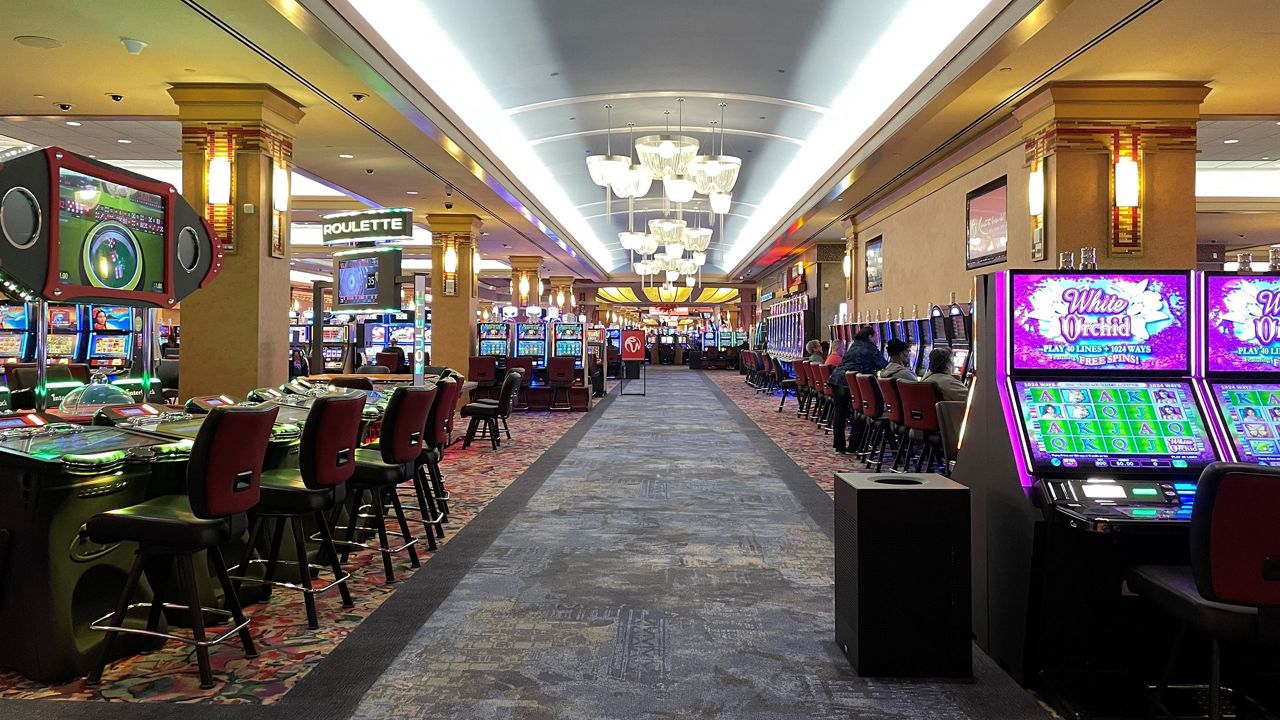Casino gaming has long been a topic of interest and controversy, attracting millions of players around the world. With a mix of luck, strategy, and the thrill of risk, casino games offer an exhilarating escape from everyday life. However, as entertainment becomes ever more available, it calls for a more thorough examination of the morality surrounding these games. 789WIN
At the heart of the debate lies the question of whether casinos promote safe gambling or exploit vulnerable individuals. The appeal of potential winnings versus the reality of losses can create a challenging situation, and understanding this balance is essential for both players and operators. As we delve into the morals of casino gaming, we will explore the responsibilities of casinos, the impact on society, and the measures that can be taken to foster a healthier gaming environment.
The Impact of Casino Gaming on Society
Casino gaming has a notable influence on society, affecting not only the economy but also interpersonal dynamics and local frameworks. The funds generated from casinos can lead to job creation and boost regional economies, as they provide numerous employment opportunities in different sectors including food and beverage, entertainment, and shopping. However, while the economic advantages can be significant, communities often grapple with the potential negative impacts that arise from higher gambling activity.
Moreover, the presence of casinos can lead to an increase in gambling addiction, presenting serious challenges for individuals and families. The excitement of casino games can quickly evolve into a habitual habit, affecting personal relationships and leading to financial instability. Many players may find it difficult with the loss of control over their gambling habits, resulting in a need for assistance programs and help to address this growing issue. The social cost of gambling addiction can ripple through families and neighborhoods, creating an urgent need for responsible gaming initiatives.
In addition to the economic and social ramifications, casino gaming often reflects cultural attitudes towards uncertainty and leisure. It can foster a sense of joy and leisure, attracting visitors and boosting tourism. However, this allure may also conceal the wider implications of gambling as a method of entertainment, raising ethical questions about its promotion and availability. As communities weigh the advantages and drawbacks of casino gaming, the need for responsible practices and oversight becomes increasingly critical in ensuring that the beneficial elements are enhanced while minimizing the negative effects.
Moral Issues in Betting Activities
The ethics of gambling operations often center around the potential for addiction and its consequences on individuals and families. Gambling can lead to serious monetary distress, impacting not only the betters but also their families. As individuals become entrapped in the allure of winning, many lose track of their budget, which can result in catastrophic results such as bankruptcy. This raises moral questions about the responsibility of gambling establishments in promoting safe gambling practices and offering support for those who may be dealing with gambling addiction.
Another critical concern is the promotion of gambling to at-risk populations. Gambling establishments often aim at low-income people or neighborhoods with the offer of fast rewards, which can perpetuate patterns of poverty and despair. In this context, the morality of advertising strategies used by casinos come under scrutiny, as they may take advantage of the need of individuals seeking an escape from economic troubles. This exploitation raises moral questions about the integrity of the gambling industry and its obligation to protect its most vulnerable patrons.
Additionally, the effect of gambling gaming on the community as a whole cannot be overlooked. While some argue that casinos create jobs and stimulate local economies, others point to the community costs associated with dysfunctional gambling, increased criminal rates, and a strain on public resources. Balancing financial advantages with the potential for community issues presents a challenging ethical dilemma for lawmakers and casino operators alike. The difficulty lies in finding a responsible approach that takes into account the welfare of individuals and society while still allowing for the pleasure of gambling activities.
Oversight Structure and Duties
The legal structure related to gambling activities is created to ensure equity, trustworthiness, and participant protection. Multiple government agencies and gambling commissions establish and apply regulations that dictate how gaming activities function, the guidelines for game design, and the procedures for processing rewards. These regulations vary by locale but typically involve licensing requirements for operators and rigorous measures to stop cheating and dishonesty.
In also to oversight bodies, gaming establishments bear significant responsibility in upholding moral standards within their facilities. They must adopt responsible player practices that encourage participant safety and education, including offering self-exclusion options and offering information about the risks related to betting. Casinos are also responsible for training workers to recognize signs of compulsive gambling and be aware of the correct steps to help customers in trouble.
Furthermore, clarity in gaming operations is essential for gaining and maintaining public confidence. Operators should provide clear information about the chances of games, marketing offers, and any connected risks. By creating an atmosphere of transparency and responsibility, operators can help lessen the likelihood negative impact of gaming while enhancing the complete betting experience for all players.
